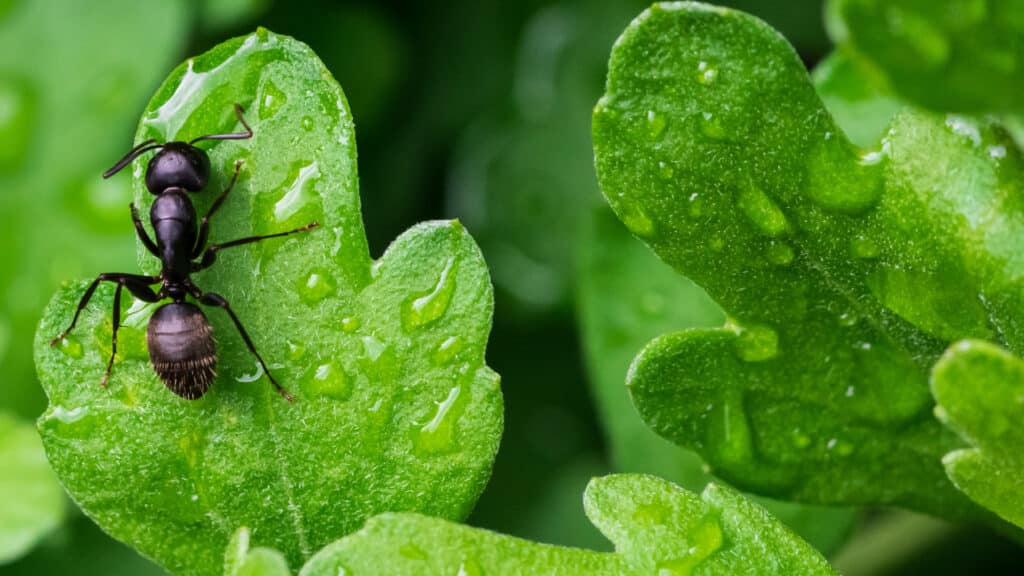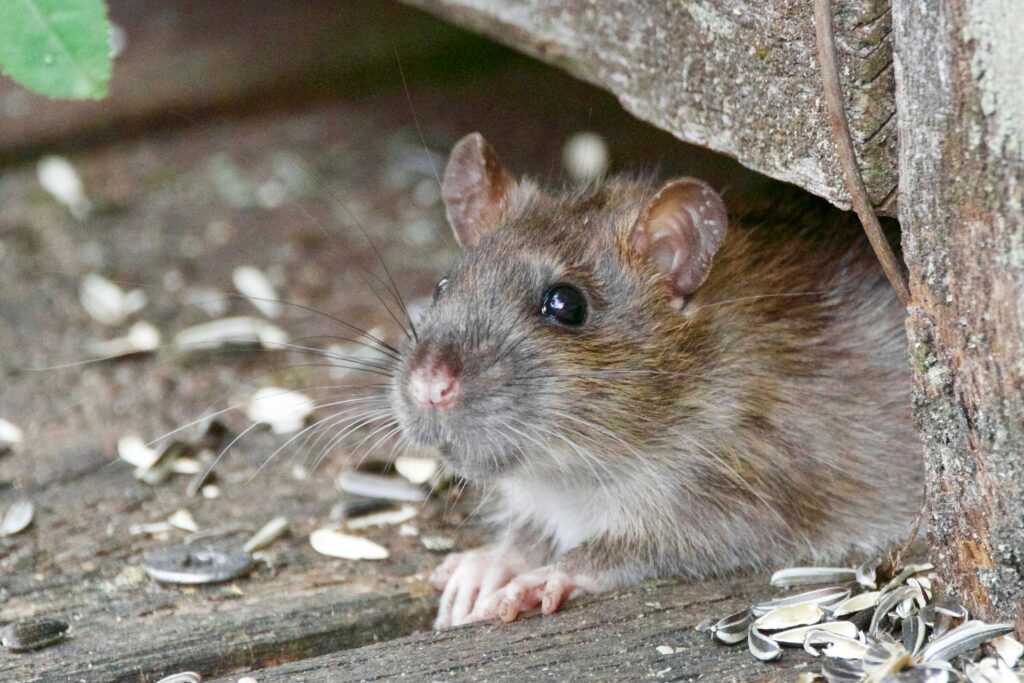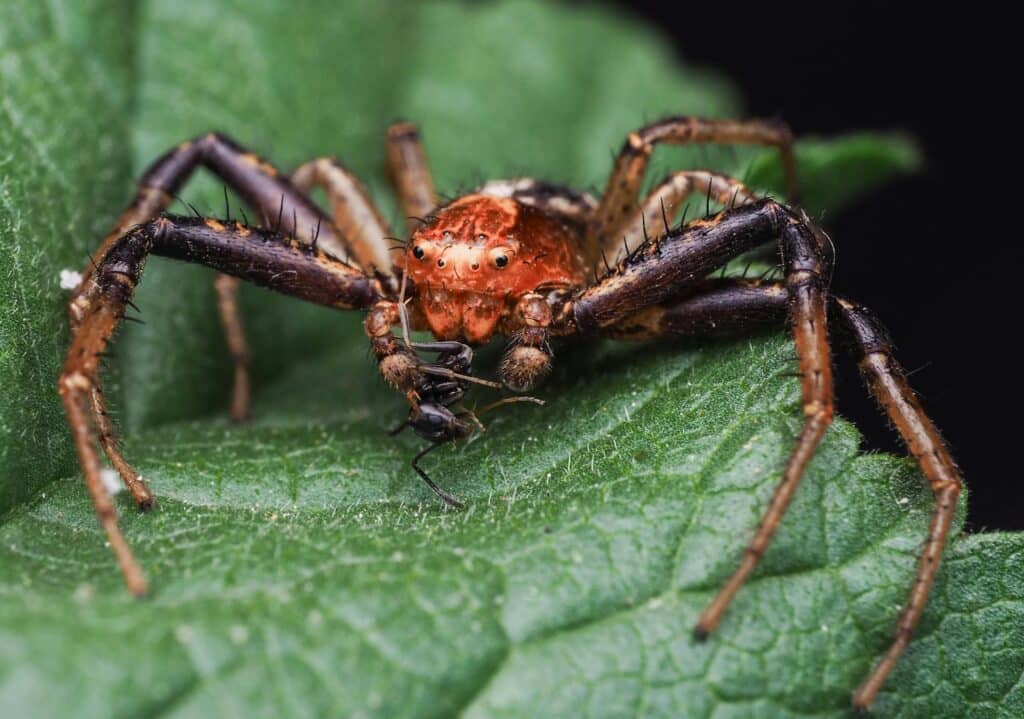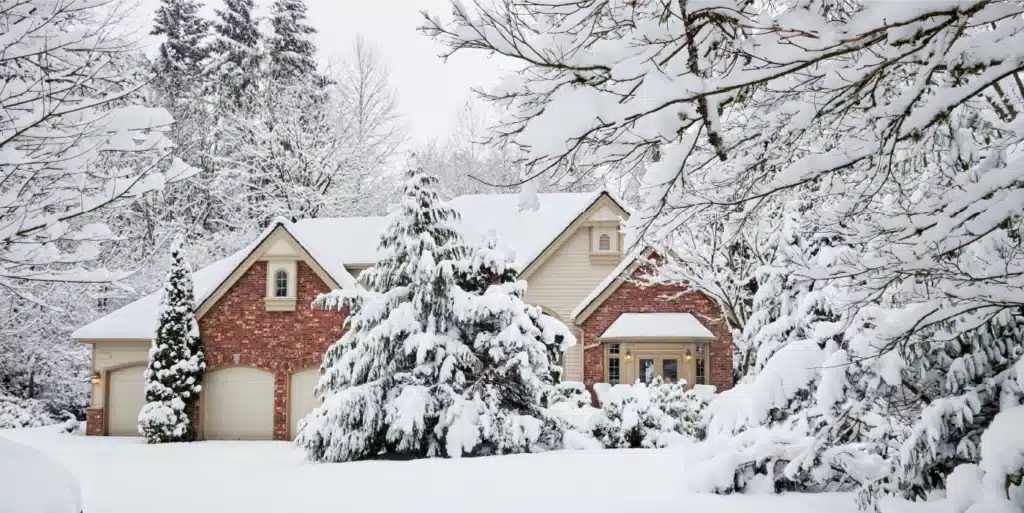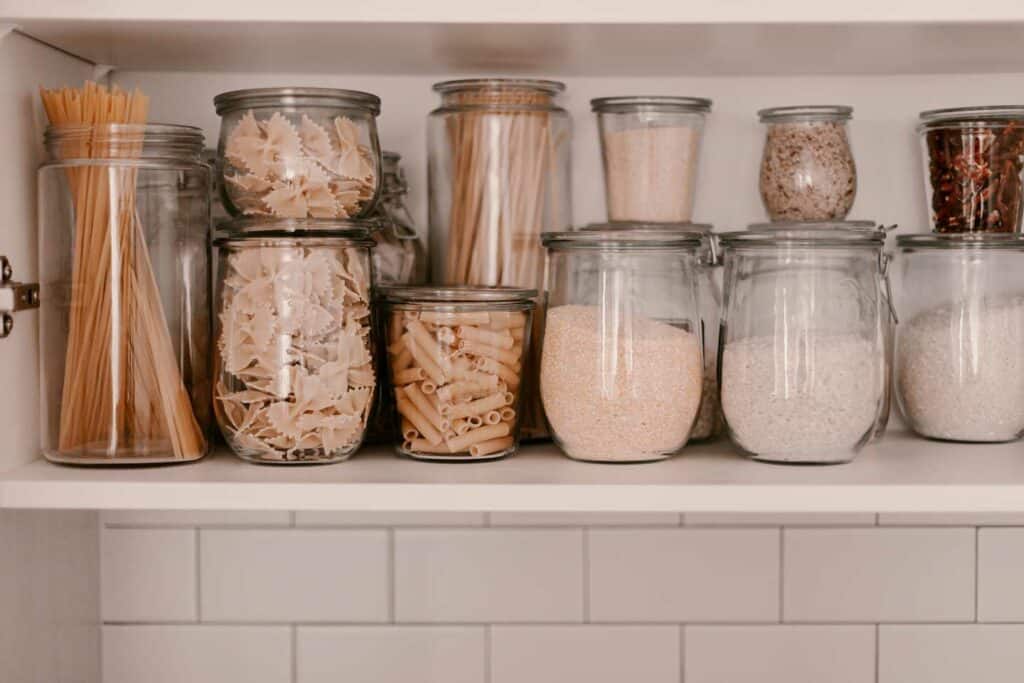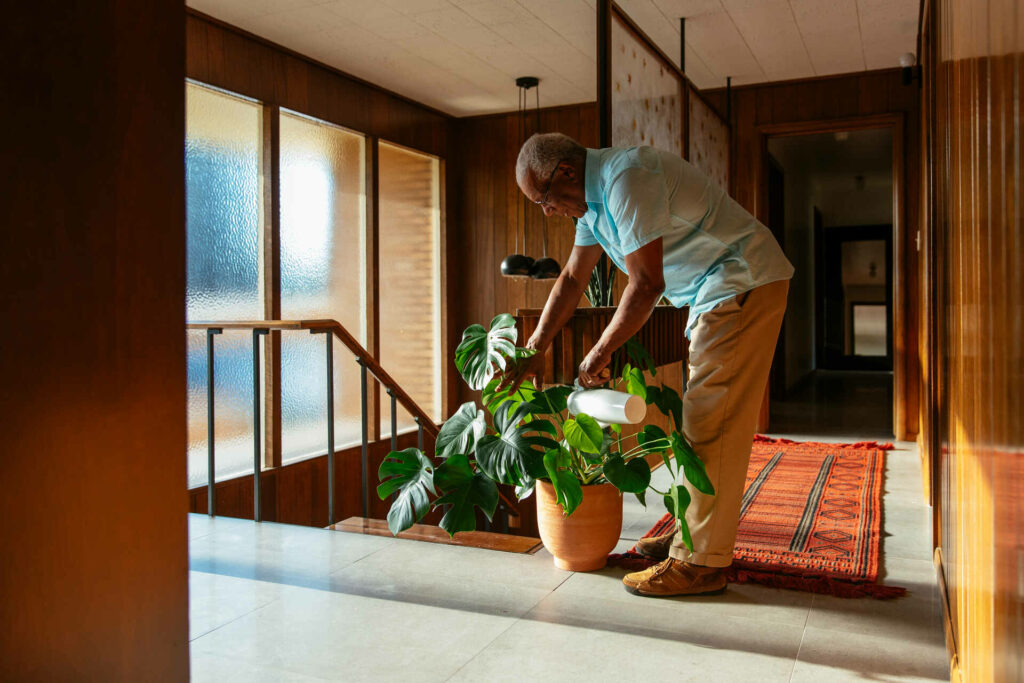You see them every summer flying around your home and garden, but do wasps pollinate? The Answer is YES! Did you know that those pesky insects we often try to avoid actually play a crucial role in pollination? While bees and butterflies receive much of the credit, wasps are often overlooked as important pollinators. Their contribution to the process is significant and understanding their role can help us appreciate their presence. Exploring the relationship between wasps and flowers reveals fascinating ecological connections that highlight the intricate web of life on our planet.
Wasps are not just bystanders; they actively participate in transferring pollen from one flower to another. This interaction allows for plant reproduction and the creation of new seeds. Despite their reputation as aggressive creatures, wasps possess unique adaptations that enable them to effectively carry out this essential task. By embracing the significance of wasp pollination, we gain a deeper understanding of nature’s interconnectedness and the delicate balance required for ecosystems to thrive.
So, let’s learn more about how and why wasps pollinate and uncover how these buzzing insects contribute to the vibrant tapestry of life around us.
Do Wasps Pollinate Flowers? What Officials Say
According to the USDA, wasps pollinate. In fact, wasps are important pollinators. These tiny creatures play a crucial role in the reproductive cycle of various plant species. Research shows that certain plants have evolved to attract and utilize wasps for successful reproduction.
Observations and experiments provide evidence of wasp-mediated pollen transfer. Scientists have conducted studies and research on this topic, shedding light on the intricate relationships between flowers and wasps. Through citizen science initiatives and dedicated study, researchers continue to uncover new information about these fascinating interactions.
Some key findings include:
- Studies have shown that certain flowers produce nectar specifically tailored to attract wasps, ensuring effective pollen transfer.
- Researchers have observed wasps collecting pollen while foraging for food, inadvertently transferring it from one flower to another.
- Certain plant species rely solely on wasp pollination for their survival, showcasing the critical role these insects play in maintaining biodiversity.
The importance of understanding the contribution of wasps to pollination extends beyond scientific curiosity. By comprehending their role, humans can better appreciate the interconnectedness of ecosystems and work towards their preservation.
Appreciating the Pollination Role of Wasps
Recognizing the vital role played by wasp pollinators helps us value their presence in our ecosystems. Wasps, including pollen wasps and parasitic wasps, are important pollinators alongside bees. While honey bees often steal the spotlight, it’s crucial to acknowledge that many bees rely on wasps for successful pollination as well.
Understanding how they contribute to biodiversity enhances our appreciation for these often-misunderstood insects. Female wasps pollinate as well and play a significant role in pollinating various plants while seeking nectar or hunting for prey. They transfer pollen from one flower to another, aiding in the reproduction of numerous plant species. This diverse group of social wasps and solitary wasp species contributes immensely to maintaining a healthy ecosystem.
By appreciating why wasps pollinate, we can help preserve their habitats and protect them from outside threats. Promoting coexistence between humans and these beneficial insects promotes the continued balance of our natural surroundings.
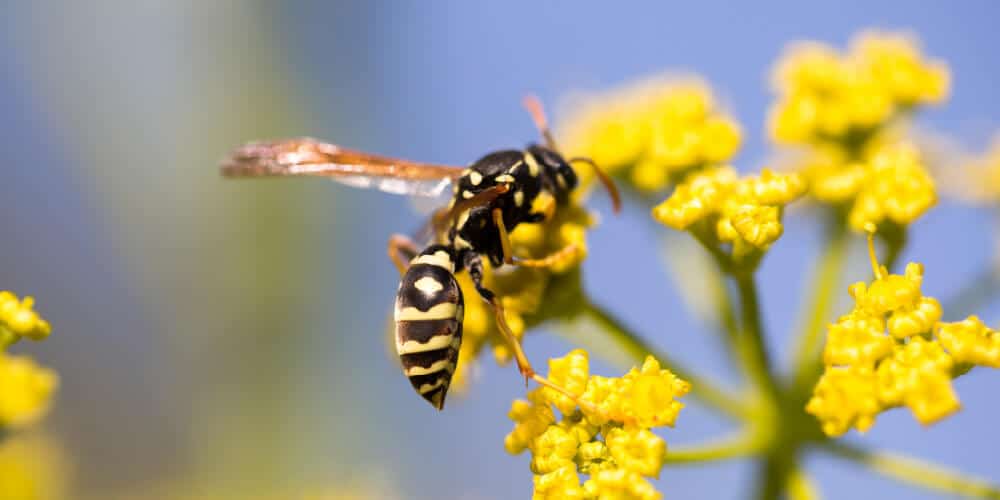
Controlling Wasps Around Your Home and Yard
While wasps play an important role in the pollination of plants in the wild, if you find yourself dealing with a wasp problem around your home or property, it is important to handle it without putting yourself in harm’s way. Instead of attempting DIY methods that could result in injury to yourself or others and may not work effectively, consider hiring an expert wasp pest control service who understands how to remove these insects without causing unnecessary damage.
Beyond their role in pollination, wasps also serve important ecological functions that merit recognition. Acting as natural pest control, wasps prey on numerous pest insects, contributing to the health of gardens and agricultural systems. By managing the populations of these pests, wasps help in maintaining the balance within ecosystems and supporting the growth of a diverse array of plant species. Understanding these contributions emphasizes why wasps, despite being viewed sometimes as nuisances, are invaluable to our natural world.
Frequently Asked Questions
Can wasps sting multiple times?
Unlike honeybees, most species of wasps can sting multiple times without losing their stinger. This makes them more aggressive when threatened.
How can I identify a wasp nest?
Wasp nests are typically made of a paper-like substance and have a honeycomb structure. They can be found in various locations, such as under eaves, in trees, or underground.
Are wasps attracted to certain scents?
Wasps are often attracted to sweet smells, including fragrances from flowers, fruits, and sugary foods. It’s important to be cautious when consuming these items outdoors.
Can I remove a wasp nest on my own?
Removing a wasp nest can be dangerous without proper knowledge and equipment. It is recommended to seek professional help to ensure your safety and the effective removal of the nest.
Remember, if you have any concerns or questions regarding wasps or their behavior, it’s best to consult with an expert who can provide accurate information tailored to your specific situation.
